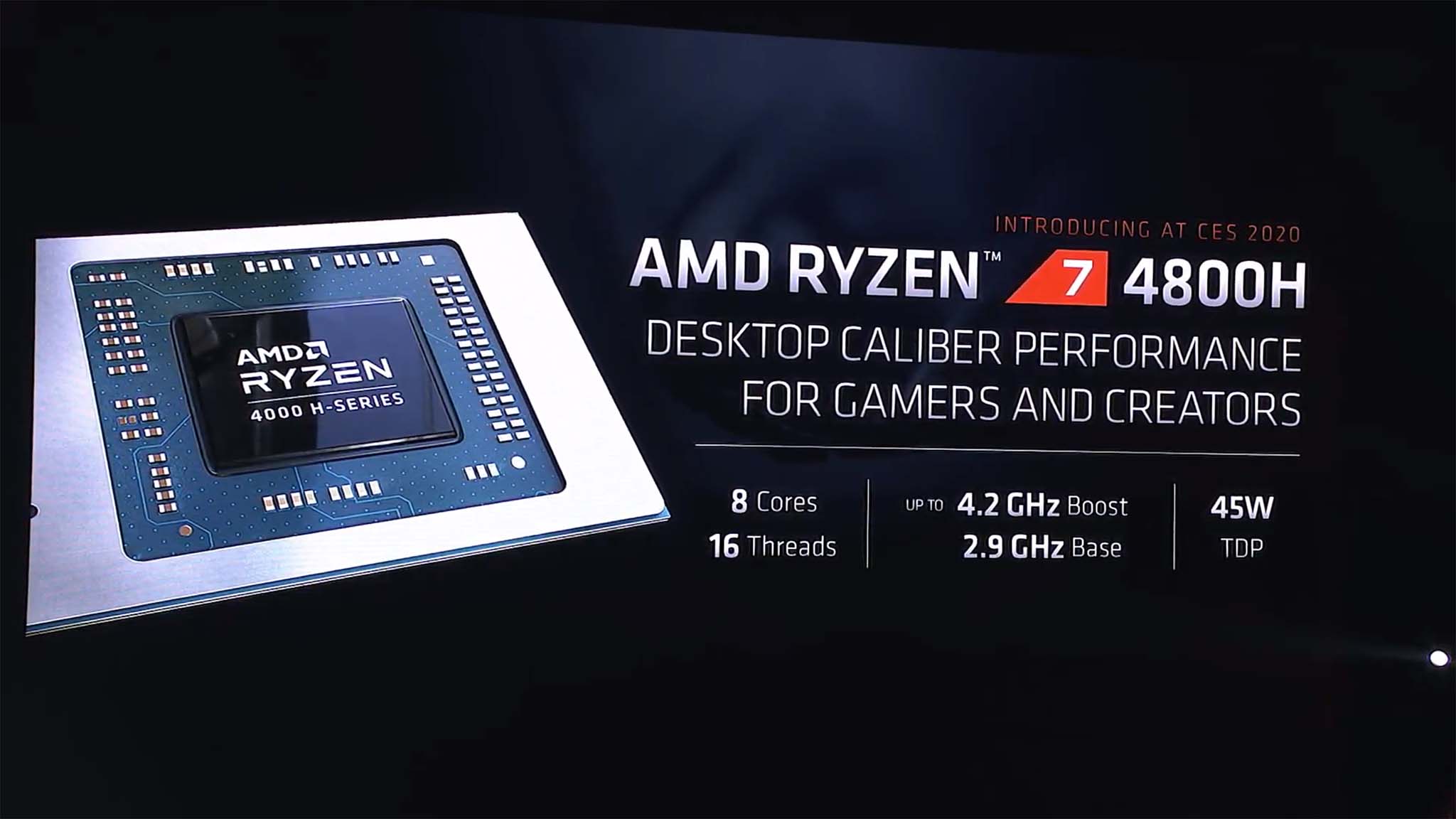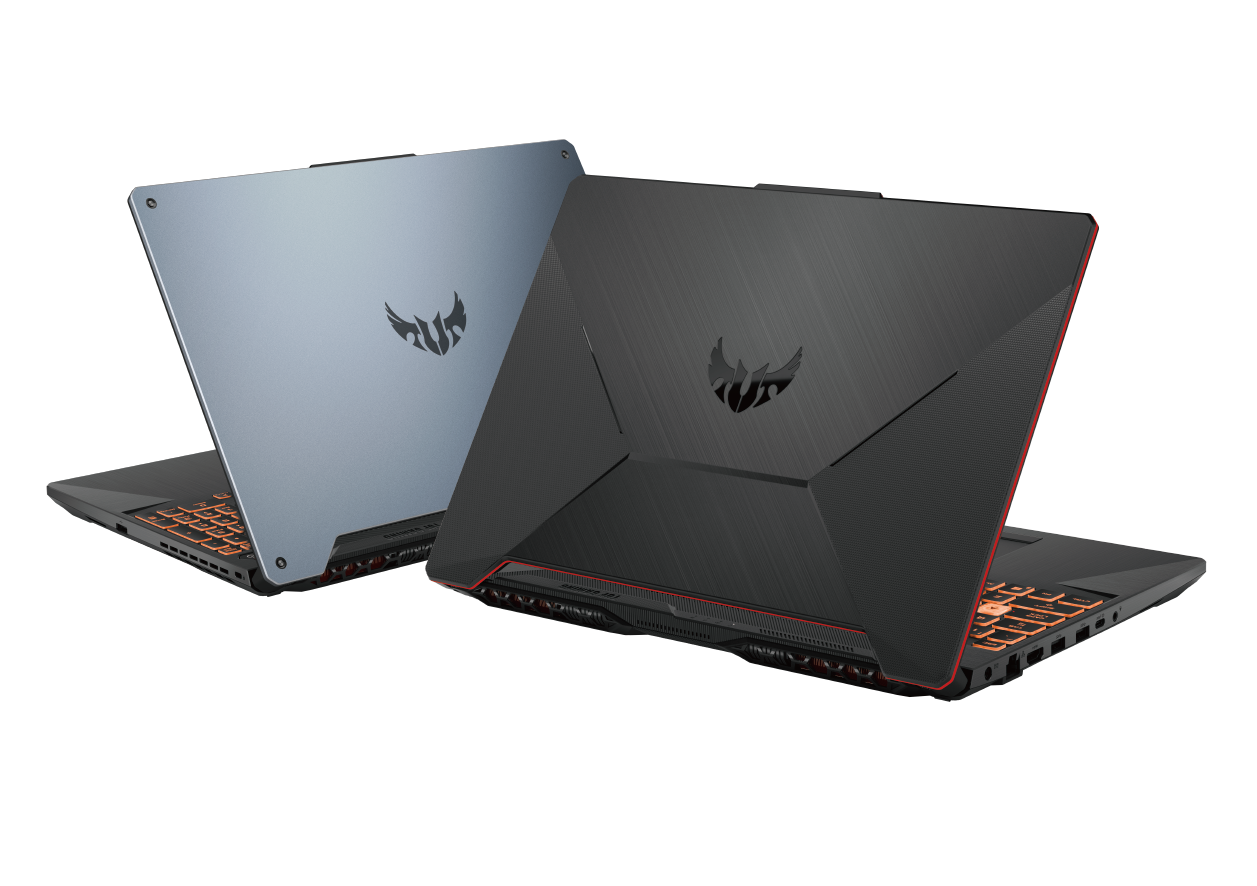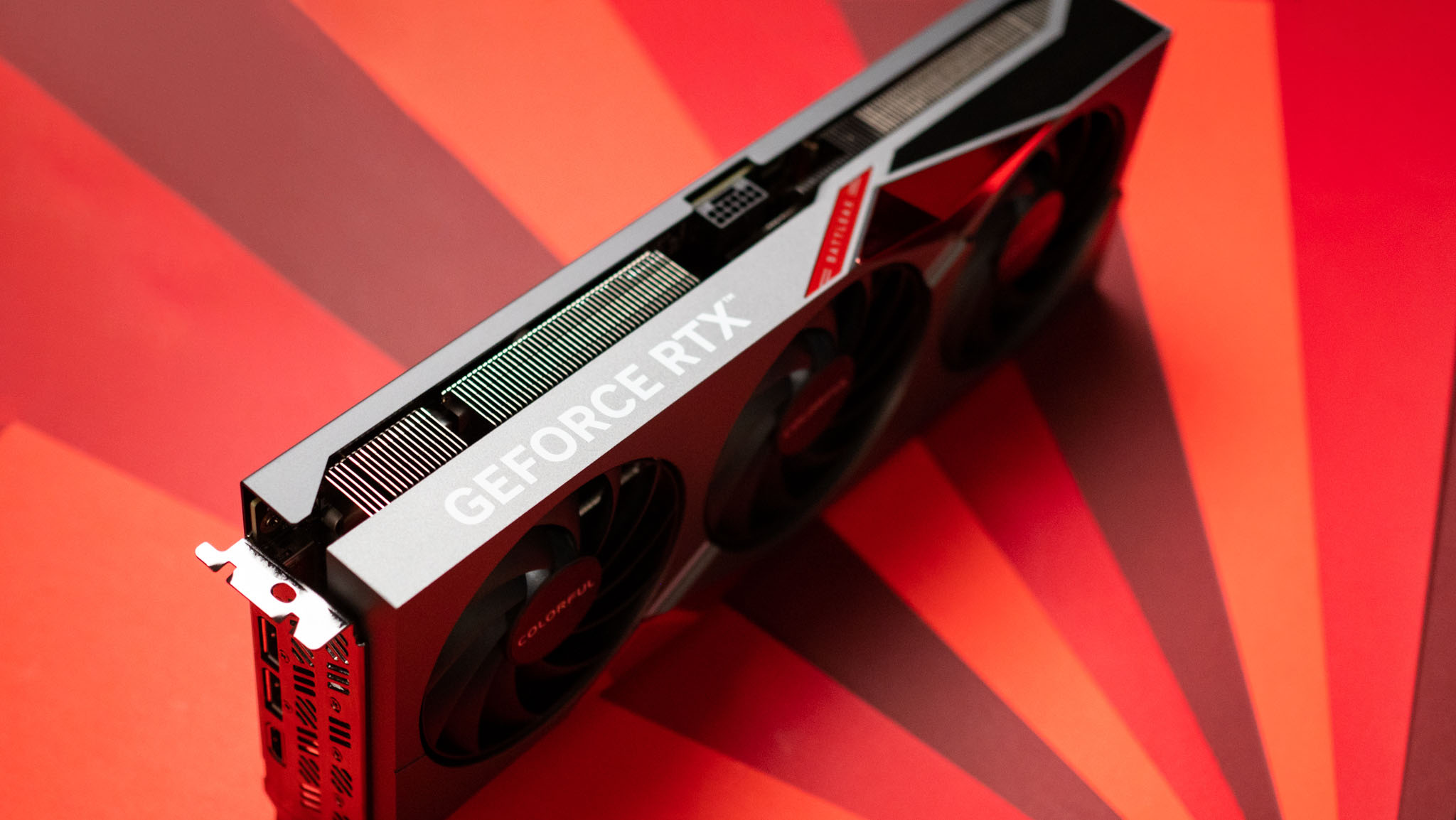AMD's Ryzen Mobile 4000 H-series arrives to give gamers a real choice again
AMD's 45W gaming-focused processors are finally ready to take the fight to Intel on laptops.

Having first been revealed to the world at CES 2020, AMD's new series of laptop chips are ready to go out into the world, hopefully, finally offering consumers real choice. Intel has had the laptop market pretty well locked down in recent years, be that Ultrabooks or gaming notebooks, but with the Ryzen 4000 H-series, the red team is back in the fight with some pretty promising performance.
We'll have to wait until we have our hands on the first units to truly put these claims to the test, but AMD isn't shy about what it can deliver compared to the competition right now. And that alone is reason enough to take note.
The Ryzen 5 and Ryzen 7 H-series
AMD has two new families of Ryzen 4000 Mobile chips, the U-series and the H-series. While the former will be found in predominantly Ultrabooks, the H-series is made up of 35W and 45W processors that will be found in gaming laptops and professional-grade machines targeted at creators.
Here's a quick outline of what we're dealing with.
| Processor | Cores/Threads | Base Boost (GHz) | Cache | Graphics cores | Graphics frequency (MHz) | TDP |
|---|---|---|---|---|---|---|
| Ryzen 7 4800H | 8/16 | 2.9 (up to 4.2) | 12MB | 7 | 1600 | 45W |
| Ryzen 7 4800HS | 8/8 | 2.9 (up to 4.1) | 12MB | 7 | 1600 | 35W |
| Ryzen 5 4600H | 6/12 | 3.0 (up to 4.0) | 11MB | 6 | 1500 | 45W |
| Ryzen 5 4600HS | 6/12 | 3.0 (up to 4.0) | 11MB | 6 | 1500 | 35W |
It's important to point out that the HS variants are lower TDP versions of the H-series that support AMD's Smartshift technology.
Much like on the desktop, the Ryzen 5 and Ryzen 7 H-series follow a 6/12 and 8/16 core and thread count and are based on the 7nm Zen 2 architecture like their desktop brethren.
6-core and 8-core laptops aren't new when we're talking about gaming laptops, with Intel already offering 9th Gen chips with both. Ultimately the core count isn't the story here, it's the performance comparisons. And those sound pretty interesting.
Get the Windows Central Newsletter
All the latest news, reviews, and guides for Windows and Xbox diehards.
In 3DMark Fire Strike, for example, the Ryzen 7 4800H delivers about 39% higher performance compared to the 6-core Intel Core i7-9750H, and the Core i9-9880H with 8-cores is only a few percents closer to the Ryzen.
In Cinebench R20, once again the Ryzen 7 4800H outperforms the i9-9800H with around a 12% gap. These numbers should be handled with care until we can actually reproduce them, but it shows that AMD hasn't just played catch up to Intel.

It's also significant when you consider folks who aren't gamers looking for a powerful laptop, too. No gamer needs an 8-core CPU to play the latest titles, but folks such as video editors and 3D artists, for example, will be looking for not only high core counts but the performance that comes from those cores. The Ryzen 4000 H-series is looking quite exciting on that front, too.
Some of the first laptops we're expecting with the new Ryzen 4000 H-series inside come from ASUS, with the Taiwanese manufacturer announcing a raft of machines at CES alongside AMD. We should also begin to see more announcements from others in the coming weeks and months.
The big test will be when Intel drops its 10th Gen 45W processors. At some point, they're going to arrive, and when they do we'll really be able to get a feel for how well AMD has done.

Richard Devine is a Managing Editor at Windows Central with over a decade of experience. A former Project Manager and long-term tech addict, he joined Mobile Nations in 2011 and has been found on Android Central and iMore as well as Windows Central. Currently, you'll find him steering the site's coverage of all manner of PC hardware and reviews. Find him on Mastodon at mstdn.social/@richdevine
